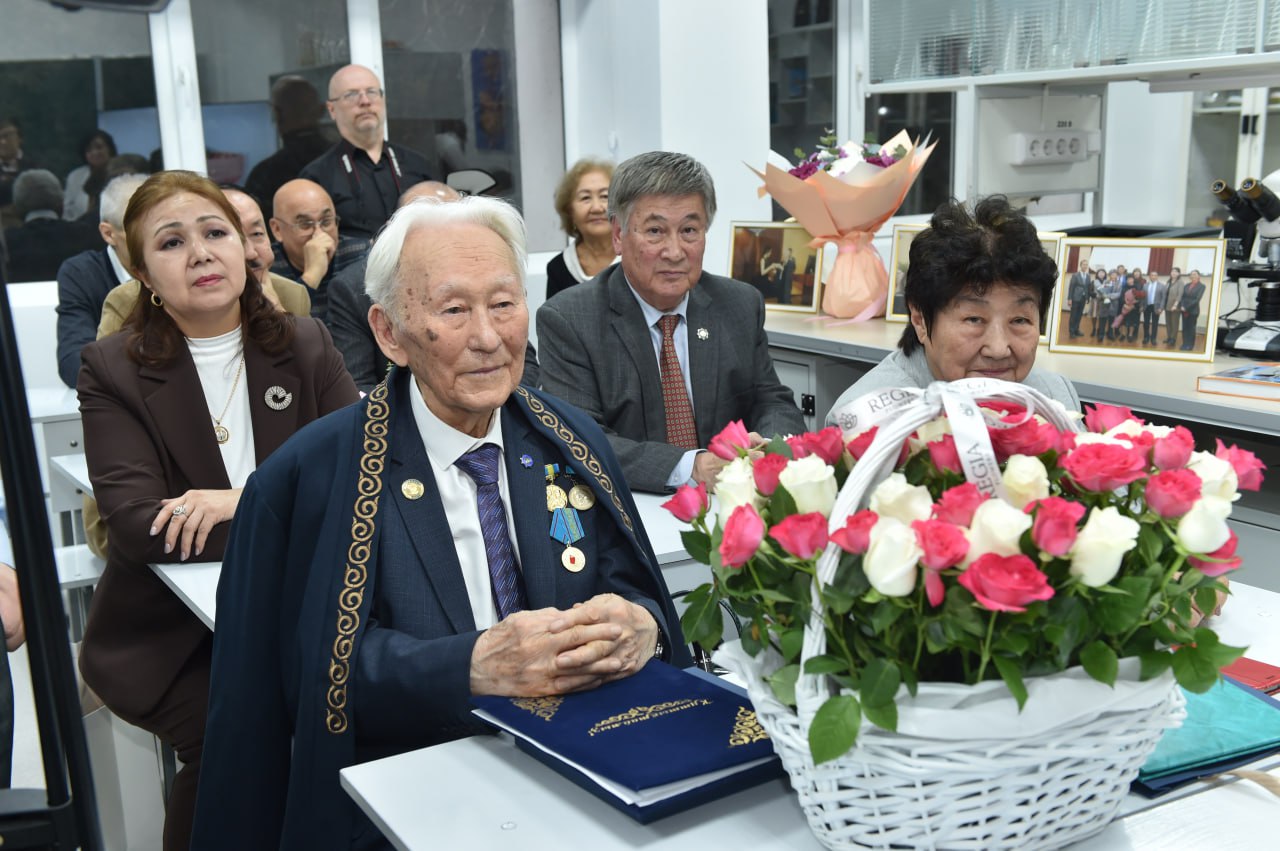
I would like to share with you my interesting experience of 'learning' the Chinese language when I visited China. Before I left for China, I made a list of words and phrases that are used in hotels, shops, on the street, when you're talking to people. It was a good idea to make this list because, although I had a mobile phone translator, it sometimes took a while to find the word or phrase I needed. I felt comfortable in China thanks in part to the word list.
Vocabulary is KING! But it would be an error to argue that grammar is unimportant. Without knowing grammar rules , it is impossible to utilise one's vocabulary effectively, as grammar provides the rules for combining words into sentences..
Nevertheless, the more vocabulary you know, the faster you can develop your language skills. It's a simple fact: if you have a rich vocabulary at your disposal you are able to convey your ideas effectively to an interlocutor even if what you say may not be perfectly grammatically correct.
Needless to say, to become fully fluent in a foreign language, you'll eventually need to have a good competence of grammar. But again, having a strong, well-developed vocabulary will help with this. Grammar is all about combining words into sentences so as to make sense and communicate your ideas, thoughts, opinions to other people.
So what can you do to build your English vocabulary quickly and effectively? Here are the tips for better vocabulary learning. First of all it is good idea if have a special notebook for this purpose.
1. Write down new words. The act of writing the words helps you remember them better.
2. Revise the words regularly. Make five minutes each day to revise your English vocabulary. The more you look backwards, the faster you go forwards!
3. Learn the word in a sentence, then put the word into your own sentence and keep using it. That way, you know how the word is used in real life. Use it or lose it!
4. It is better to focus on a few words, and give yourself a chance to understand and remember them. If you learn too many new words at once, it can be too much for your brain.
5. A good way is recording yourself speaking a list of new vocabulary and its translations, and listening back when you’re doing some other task.
6. Try using nouns in the plural forms and verbs in different tenses. There are lots of exceptions in English grammar.
For students who want to achieve excellence in a foreign language, we offer the following study timetable: Today is Monday (A) Study for 30 minutes on Tuesday. (B) Study for 10 minutes at a time on Tuesday, and Wednesday. (C) Study for 10 minutes at a time on Thursday and Friday. (D) Study for 30 minutes on Sunday.
Just add this study timetable in your time management calendar and everything will be OK!
We wish you success!
A.Muldagaliyeva,
Foreign Language Department
Other news


